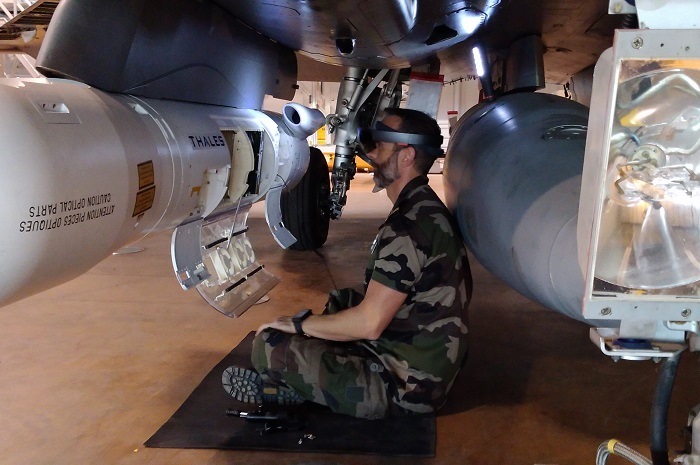The scope for digital to transform Training in today’s Armed Forces
Despite the initial resistance, the procurement director’s strategy of focussing on true added value was now bearing fruit. After two years at a department she was determined to transform, strangely, it was training that exemplified the gains. Detailed, rigid specifications, designed to drive costs down through tendering, had given way to an agile approach that enabled trainees’ needs to be met—at the right time and in the right place—by harnessing the power and possibilities of digital. Groundbreaking tools—like simulators, and a collaborative platform to capture and share the force’s vast collective know-how—were now firmly in place. The result was a clear success: the new methods had proved a much better fit to the needs of the force’s digital-native recruits, helping make a career in the forces a more appealing proposition and generate savings in staff retention and exercise costs.
Rapidly changing geopolitics and technologies mean that today’s armed forces are using a panoply of ever-more complex systems across increasingly broad theatres of operation. With missions encompassing everything from peacekeeping to people trafficking, force readiness is more critical than ever.
Yet the key to people readiness is high-quality training. Like missions, training needs are evolving rapidly. The use and maintenance of complex systems isn’t intuitive: sophistication and digitalisation come at a price—recruits are increasingly digital natives, more used to video clips than lecturers, and specialist operators aren’t always available when trainees require coaching from them. What’s more, personnel turnover rates are rising—a trend partly driven by what younger recruits see as old-school training methods—and a reducing number of experts are seeing themselves increasingly in demand on foreign missions.
Yet forward-thinking forces see this as an opportunity—and they’re increasingly turning to Thales to help them seize it. The challenge they’ve set the company is to combine its roles of systems developer, established training provider, and digital trailblazer, to help unlock digital’s potential for personnel development at all levels.
Adopting a firm focus on meeting trainee needs, Thales set about creating a continuous process— working hand in glove with its customers and end users—and drawing on its deep relations with them, as well as its global reach and multidisciplinary expertise. Through the skilful application of design-thinking principles, our training solutions enable users to maximise the operational capacity of Thales systems and optimise maintenance—providing services that are perfectly adapted to their needs, at the right time and in the right place, throughout their missions and equipment life cycles.
The offering’s scope covers technical, performance and live training. It makes strong use of, now mature, technologies such as Virtual and Augmented Reality (VR/AR), and simulation and digital twins, to ensure that personnel gain competence quickly on the latest operational systems and maintenance procedures. These agile tools are underpinned by secure and collaborative platforms—such as Thales’s ePAC —used to capture and share collective know-how. Younger generations can learn when they want, where they want, and how they want; and digital knowledge databases allow personnel to find answers, even when no expert is available.
It’s clear that the potential for such transformation is vast. And, for an increasing number of forces, digitally transforming training—once a poor relation in budget and priority terms—is becoming a driver to make a career in the forces more attractive, improve staff retention, and, ultimately, deliver better readiness and performance.


